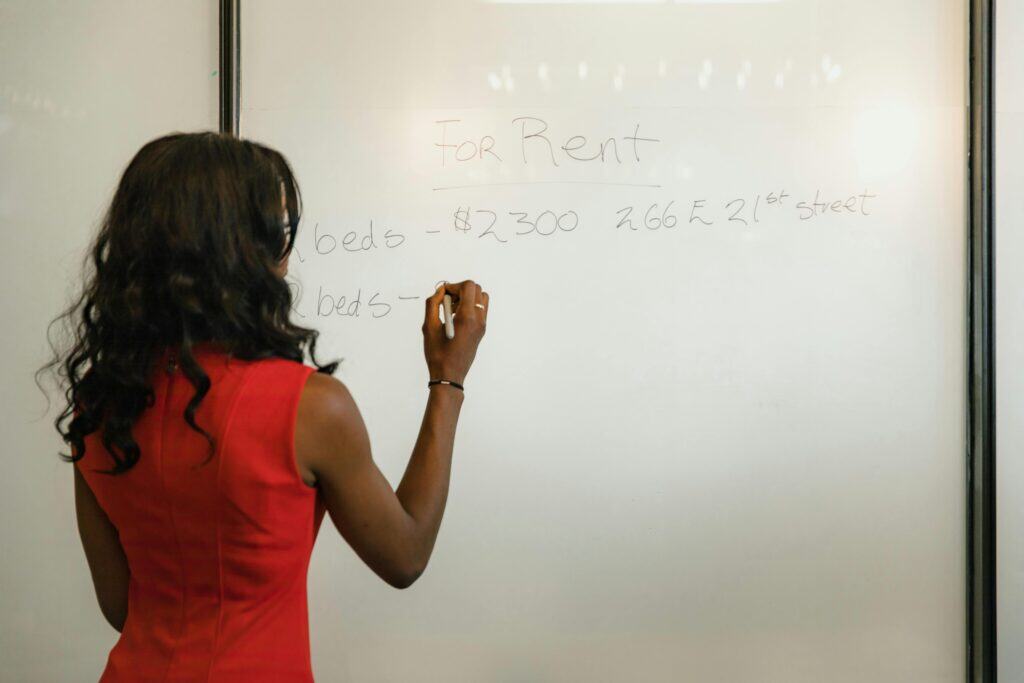An acronym that stands for homeowners association, an HOA can come in different forms and perform a variety of functions. But in general, it’s an organization that creates and enforces the rules for collective properties, usually condo buildings, planned communities, and subdivisions. Let’s delve into some of the different aspects of HOAs.
Who sets up an HOA?
The organization is usually put into place shortly after the community is first built; developers often set up HOAs and then hand over control to homeowners after a certain number of properties are sold. All subsequent homebuyers are required to become members, and all members can vote for who governs the HOA through a board of directors. But that governing has limits: state laws usually regulate how an HOA operates.
What are HOA costs and what are they used for?
HOA fees vary greatly, often determined by the level of upkeep a property needs and the costs of those services. From $200 to $400 a month is the most common range, though that number could be considerably higher for more exclusive properties, up to $5,000 and higher. These fees usually cover things like landscaping, maintenance, trash removal, security, and the upkeep of common areas such as pools and playgrounds.
Plus, there could be a special assessment: a onetime fee an HOA levies in an emergency, such as a natural disaster. While rare, these can be costly.
Are HOAs the same as other homeowners associations?
When shopping for a new home, you may hear phrases other than homeowners association; there are also residential owners associations (ROAs), condo owners associations (COAs), and property owners associations (POAs). While they are all somewhat alike, performing similar functions for the community, they are often governed by different state laws and, therefore, have different powers.
HOAs generally oversee a community of single-family homes, while COAs cover condominium buildings. Property owners associations (POAs) often regulate wider areas, perhaps an entire neighborhood, and deal with things such as zoning and environmental issues. An ROA is usually synonymous with a POA.
The Pros and Cons of HOAs?
On the plus side:
- Property value. If a good HOA is vigilant in maintaining a property overall, your individual property will probably benefit with an increase in value, perhaps by a few percentage points. Though that’s not universally true; you should research the area in which you want to buy, comparing the rise in property values for homes with and without HOAs.
- Community amenities. For some, security is the best amenity. And if your community has a pool, a fitness center, a playground, or other amenities you take advantage of, HOA fees may be more than worth it. These areas may also provide opportunities to socialize with your fellow homeowners and are great for community building.
- You may scoff at the idea that all homes have to have the same color doors and similar landscaping, but these uniformities often help to keep a community looking beautiful.
On the downside:
- That extra monthly fee may not seem like much at first, but it can add up. And if your financial situation takes a downward turn, the fees won’t go down. They could very well go up: HOA boards usually have the power to raise monthly fees despite the objections that any individual homeowner may have.
- If you’ve got a big problem with being told what to do, an HOA could be a thorn in your side. Especially if you have a particularly picky HOA that monitors things like how many guests you have over and the color of the curtains in your front window. And keep in mind that HOA board members are usually volunteers with no training in real estate, or finance, or likely anything else that’s relevant. So you are relinquishing considerable control to a group of amateurs.
Penalties. Haven’t paid your HOA fees? Maybe you’ve broken some of the rules. The association can take action against you. HOAs have the power to levy fines against homeowners who aren’t in compliance, and in some cases, even file lawsuits and put liens on homes.
Know the rules before you buy.
As a prospective homeowner, you have the right to know exactly what you’re getting into when you buy a home that’s overseen by an HOA. And their rules may influence your decision. Your plans to put in a pool, erect a shed in the backyard, or even plant flowers could be halted by HOA rules. And it’s unlikely that a homeowners association will give you these rules directly, so be sure to get a copy from your real estate agent or broker.
Like lots of things in life, buying a home that’s overseen by an HOA comes with trade-offs. Many feel that the positives outweigh the negatives, and that HOAs make the community better for all. But you’ll have to make that choice for yourself after you find that perfect home.
Need real estate assistance? Give AllView A Call!
AllView Real Estate Management is Orange County’s premier property management and investment firm. We offer not only exceptional property management, but also real estate investment consulting and management. Call us at (949) 400-4275 or send us an email at info@allviewrealestate.com for real estate investment expertise.



